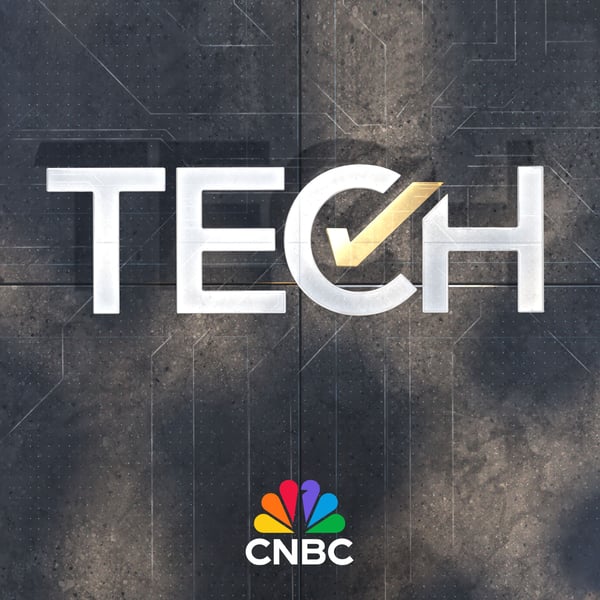How the GOP bill could slow U.S. AI innovation 7/7/25
TechCheck
CNBC
4.8 • 56 Ratings
🗓️ 7 July 2025
⏱️ 6 minutes
🧾️ Download transcript
Summary
Transcript
Click on a timestamp to play from that location
| 0:00.0 | The president's newly signed spending bill, codifying some cuts to programs, including clean energy tax credits, could have an unexpected impact on big tech's AI race. |
| 0:09.6 | Our dear Debois is digging into that for today's tech check. Morning, Dee. |
| 0:12.9 | Hey, good morning, Carl. So powering AI, it is quickly becoming the bottleneck data centers. |
| 0:17.6 | They already consume more electricity than some countries, and that is only expected |
| 0:21.5 | to triple by the end of the decade. This new law hits the brakes on the cheapest, fastest growing |
| 0:27.1 | sources of new power, that's solar, wind, and batteries by slashing tax credits and incentives |
| 0:32.9 | and really reshapes the U.S. energy mix and directly impacts where and how fast, |
| 0:40.7 | hypers, like Amazon, Google, Microsoft, how quickly they can build. |
| 0:45.9 | President Trump frames it as energy dominance, more drilling, permitting, cheaper gas to fuel the AI boom, but the reality here is more complicated. |
| 0:49.1 | Take a look at this chart from semi-analysis. |
| 0:51.2 | It tells the story. |
| 0:52.3 | This is not just a clean energy pivot. It is a |
| 0:55.7 | energy capacity arms race. And China, on the left, it's building everything, fossil, |
| 1:01.4 | renewables, grid, storage, electricity generation there has nearly tripled from 2005. The U.S. |
| 1:08.1 | On the right, though, you can see flat overall. Gas dominates, coal is declining, |
| 1:13.4 | and renewables they were gaining. This law, though, changes that trajectory. It is likely to |
| 1:18.1 | flatten or even reverse solar and wind growth, extend gas as dominance, and it could trigger |
| 1:22.8 | a coal rebound in parts of the country, which is slower and more expensive to operate. |
| 1:27.0 | Now, this also complicates storage incentives, which is slower and more expensive to operate. Now, this also |
| 1:27.5 | complicates storage incentives, which could make it harder to integrate new clean energy into the |
| 1:33.0 | grid. And of course, this all has direct implications for the AI race and investors, because every |
| 1:37.9 | hyperscaler is racing to build out AI infrastructure, but power is now the constraint without |
... |
Please login to see the full transcript.
Disclaimer: The podcast and artwork embedded on this page are from CNBC, and are the property of its owner and not affiliated with or endorsed by Tapesearch.
Generated transcripts are the property of CNBC and are distributed freely under the Fair Use doctrine. Transcripts generated by Tapesearch are not guaranteed to be accurate.
Copyright © Tapesearch 2025.

